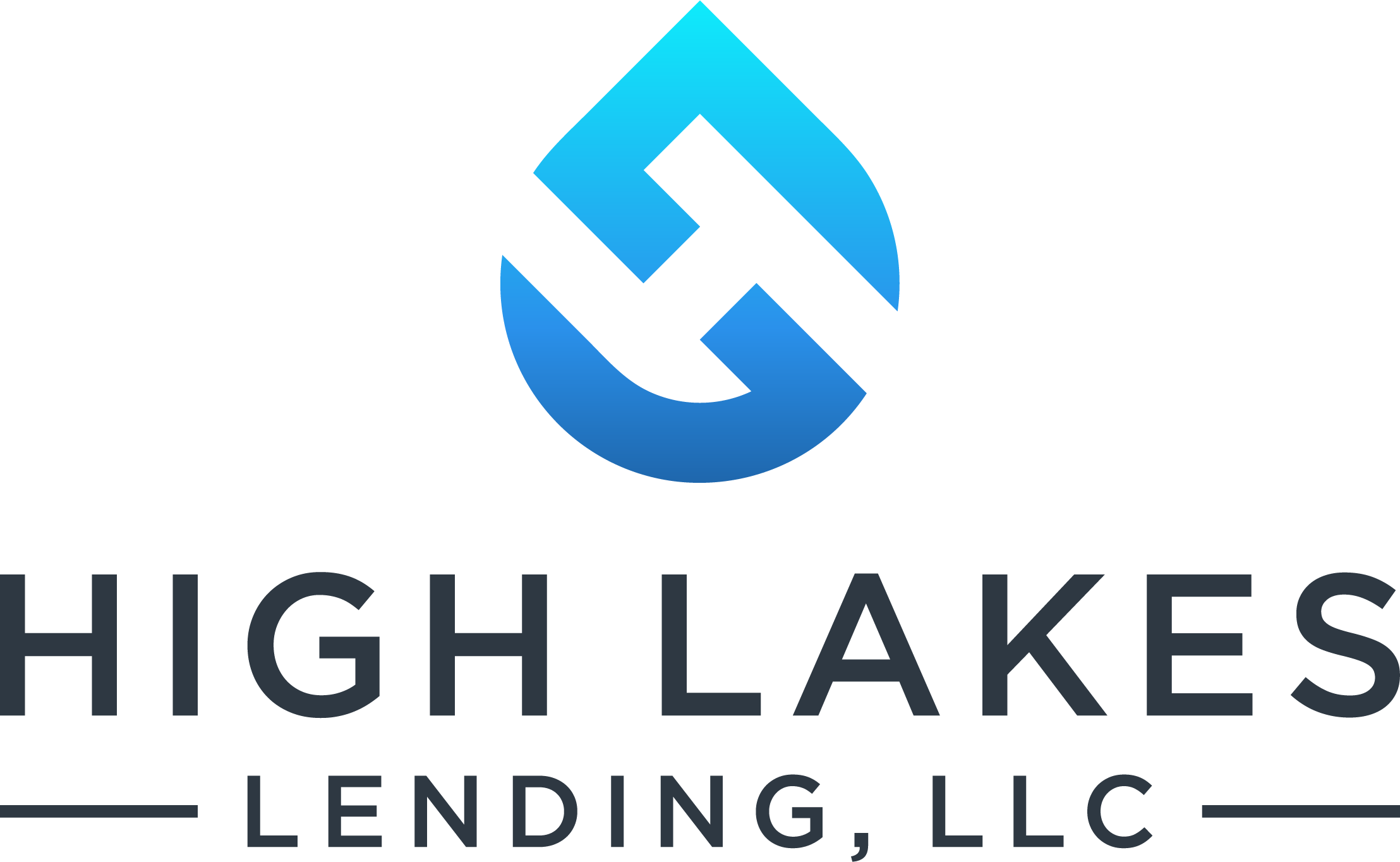FHA Loans
Unveiling the FHA Advantage: A Comprehensive Guide to FHA Loans for Homeownership
The path to homeownership can be exciting yet daunting. Understanding financing options is crucial, and FHA loans stand out as a valuable tool, particularly for first-time homebuyers. An FHA loan offers some flexibilities designed to make homeownership attainable. The FHA program is a government-backed mortgage insured by the Federal Housing Administration (FHA), a department of the U.S. Department of Housing and Urban Development (HUD). This government backing allows lenders to offer more favorable terms to borrowers, making homeownership more accessible.
Key Advantages of FHA Loans
FHA loans offer several advantages that can significantly benefit homebuyers, especially those who may not have a large down payment or perfect credit. Here are some of the key benefits:
Lower Down Payment Requirements: Unlike conventional loans, which typically require a 20% down payment, FHA loans allow you to purchase a home with a down payment as low as 3.5%. This significantly reduces the upfront financial burden associated with buying a home.
Flexible Credit Requirements: FHA loans have more lenient credit score requirements compared to conventional loans. While minimum credit score requirements can vary depending on the lender, borrowers with a credit score of 580 or higher can typically qualify for an FHA loan with a 3.5% down payment. For borrowers with a credit score between 500 and 579, a 10% down payment might be required.
Greater Affordability: Lower down payment requirements and potentially lower mortgage insurance premiums compared to conventional loans can translate into a more affordable monthly payment for FHA borrowers.
Variety of Loan Options: FHA loans are available for various property types, including single-family homes, condominiums, townhomes, and even multi-unit properties (up to four units).
Down Payment Assistance Programs: FHA loans can be combined with down payment assistance programs offered by government agencies or local organizations, making homeownership even more attainable.
Understanding FHA Loan Eligibility
While FHA loans offer advantages, there are eligibility requirements to consider:
Minimum Credit Score: As mentioned earlier, the minimum credit score requirement varies depending on the down payment amount and lender. Typically, a score of 580 or higher qualifies for a 3.5% down payment.
Debt-to-Income Ratio (DTI): Your DTI ratio compares your monthly debt obligations to your gross monthly income. FHA lenders have specific DTI limits, ensuring borrowers can manage their mortgage payments alongside other financial commitments.
Occupancy: FHA loans are primarily intended for owner-occupied properties. There are limitations to using FHA financing for investment properties.
Property Eligibility: The property you wish to purchase must meet FHA appraisal and inspection standards.
It's important to note that these are general guidelines, and specific requirements can vary. To consider whether you are eligible for an FHA loan, please contact one of our Mortgage Professionals.
The FHA Loan Process: A Step-by-Step Guide
Understanding the loan application process can help you navigate your journey toward homeownership smoothly. Here's a simplified breakdown of the steps involved in securing an FHA loan:
Pre-Approval: Obtaining pre-approval from a lender establishes your borrowing power and demonstrates your seriousness to potential sellers. During pre-approval, your credit score, income, and debt-to-income ratio will be evaluated.
House Hunting: With a pre-approval letter in hand, you can confidently search for homes that fit your budget and preferences.
Offer and Purchase Agreement: Once you find your dream home, you can submit an offer to the seller. If your offer is accepted, a purchase agreement will be signed outlining the terms of the sale.
Loan Application: You will formally apply for the FHA loan with your chosen lender, providing detailed documentation of your finances and employment.
Appraisal and Inspection: The property will undergo an appraisal to determine its fair market value and an inspection to identify any potential repairs or issues.
Underwriting: The lender's underwriting team will meticulously analyze your loan application, income verification documents, credit report, appraisal report, and inspection report. They will assess your financial stability and the property's value to determine your eligibility and loan terms.
Loan Approval: Once the underwriters are satisfied with all documentation, you will receive loan approval. This signifies the lender's commitment to provide you with the FHA loan.
Closing: The closing is the final step in the FHA loan process. During closing, you will sign all loan documents, finalize down payment and closing cost payments, and officially become the homeowner. A settlement agent will guide you through the closing process, ensuring all legal aspects are addressed.
Additional Considerations for FHA Loans
Here are some other factors to keep in mind throughout the FHA loan process:
Mortgage Insurance: FHA loans require mandatory mortgage insurance premiums (MIP). There are two types of MIP: an upfront premium paid at closing and an annual premium included in your monthly mortgage payment.
Closing Costs: Closing costs associated with FHA loans cover various fees, including origination fees, appraisal fees, inspection fees, title insurance, and recording fees. You can typically expect closing costs to range from 3% to 6% of the loan amount.
Debt-to-Income Ratio (DTI) Limits: While specific limits can vary depending on the lender, FHA loans generally have a maximum DTI ratio of 43%. This means your total monthly debt obligations, including your proposed mortgage payment, cannot exceed 43% of your gross monthly income.
This guide is a general overview, and we invite you to talk with one of our professional loan officers.
We can help you navigate the mortgage market - providing insights and options that best suit your needs now and in the future.
